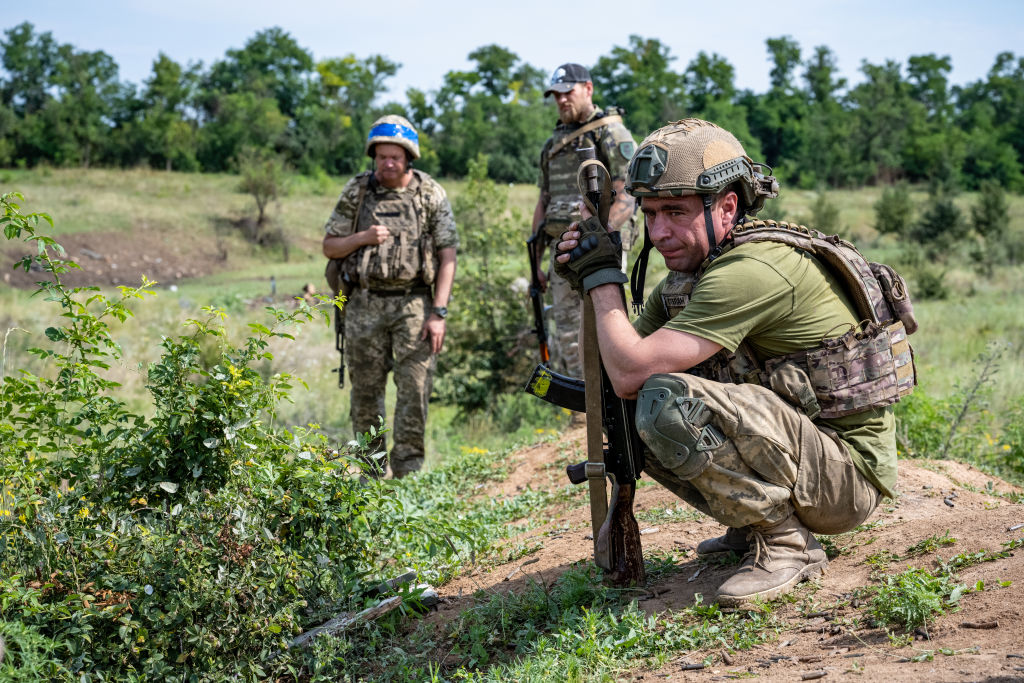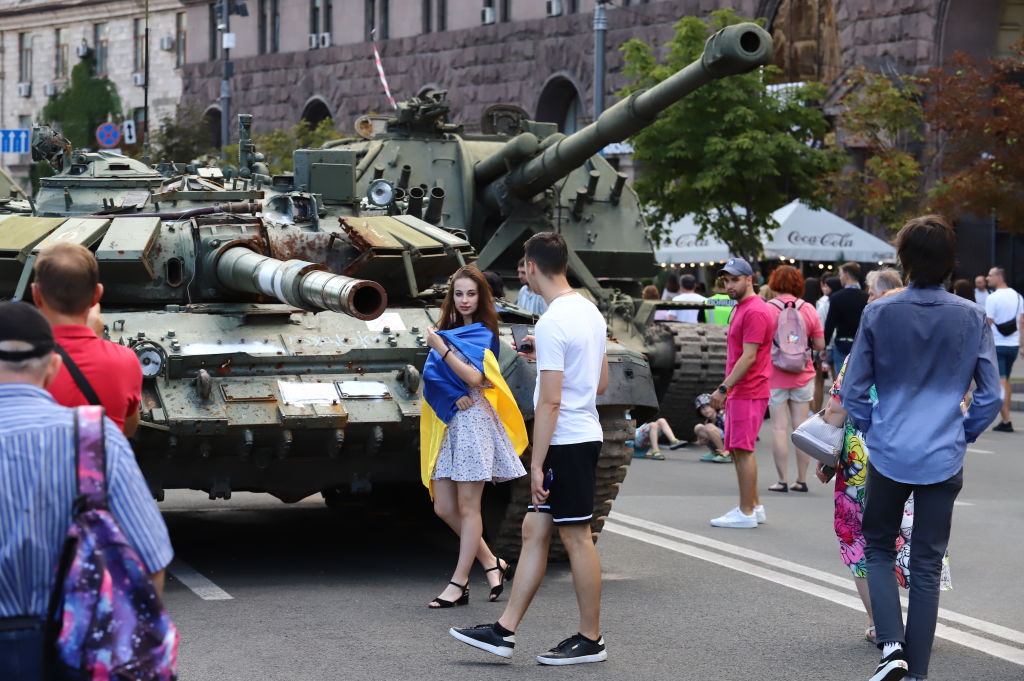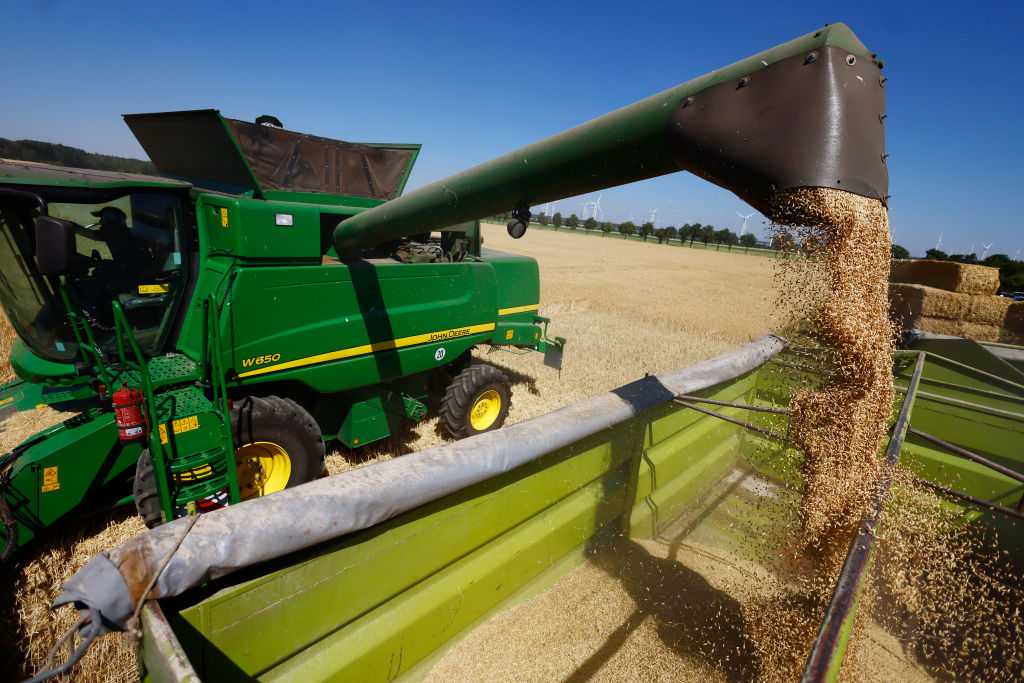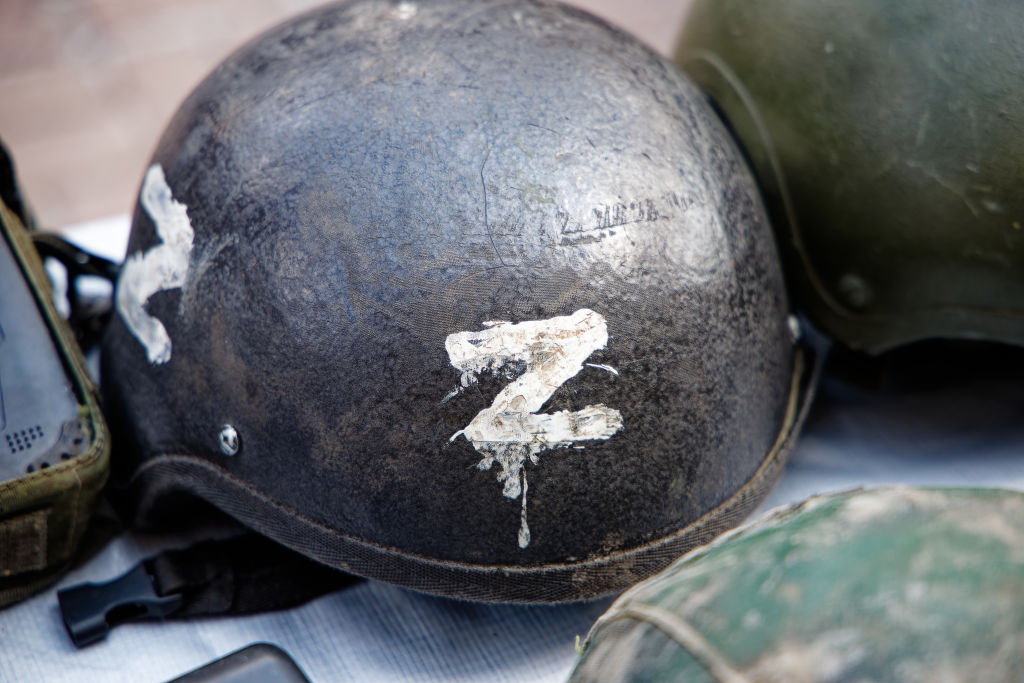Russia could in theory attack troops from a NATO country stationed in Ukraine without launching a war with the entire alliance, say German parliament researchers.
In an unpublished analysis widely reported by the German media, researchers claim there is no legal issue if an individual NATO country, such as France, decides to unilaterally send troops to Ukraine.
If these troops ended up attacked by Russia as a result of being stationed in Ukraine, the attack would not trigger NATO’s Article 5, it says.
The NATO treaty’s Article 5 says an attack on one member is an attack on all of them.
“If a NATO Ally is the victim of an armed attack, each and every other member of the Alliance will consider this act of violence as an armed attack against all members and will take the actions it deems necessary to assist the Ally attacked,” the article reads.
This clause will not be invoked since the Russia-Ukraine conflict is already ongoing, says the document drawn up by the Bundestag’s research service.
Any Russian attack on troops sent to the country by an individual member of the alliance would not take place within NATO’s own territory, and would not trigger Article 5.
“If troops from a NATO member state engage in collective self-defence (Article 51 of the UN Charter) on behalf of Ukraine in an existing conflict (between Russia and Ukraine) and are attacked by the other party to the conflict (Russia) in the course of the battle in the conflict area, this does not constitute a case of Article 5 of the NATO Treaty,” the document reportedly reads.
Former French President François Hollande has advised his successor Emmanuel Macron to shut up and keep quiet when it comes to the war in Ukraine. https://t.co/uew59FEwVJ
— Brussels Signal (@brusselssignal) March 7, 2024
Researchers compiled the document after a request from Alternative für Deutschland MP Beatrix von Storch.
It follows French President Emmanuel Macron’s suggestion NATO members should not rule out deploying troops to defend Ukraine.
Macron’s statement provoked a hostile reaction both from Russia and France’s own NATO allies.
Germany’s Chancellor Olaf Scholz was one of many EU leaders to criticise the French leader’s statement.
“It is clear: there will be no ground troops from European countries or NATO,” he wrote on social media, saying an agreement to this effect still “applies”.
The Bundestag report appears to side with Macron on this issue, saying there are no legal issues with France sending its troops to Ukraine.
“A military engagement by French ground troops in favour of Ukraine would be based on the collective right of self-defence in accordance with Article 51 of the UN Charter and would therefore be permissible under international law,” it says.
Russia could still end up triggering Article 5 if it retaliates to French hostilities by attacking military or civilian targets within French territory, say the researchers.
“A military reaction by Russia against targets in France would constitute an (in violation of international law) ‘armed attack’ within the meaning of Article 5 of the NATO Treaty, which established the factual prerequisites for a proclamation of the NATO alliance,” the report argues.
French President Emmanuel Macron, German Chancellor Olaf Scholz, and Polish Prime Minister Donald Tusk have resolved their differences in approach to the Russian assault on Ukraine. https://t.co/ZlCWSJos3E
— Brussels Signal (@brusselssignal) March 18, 2024





